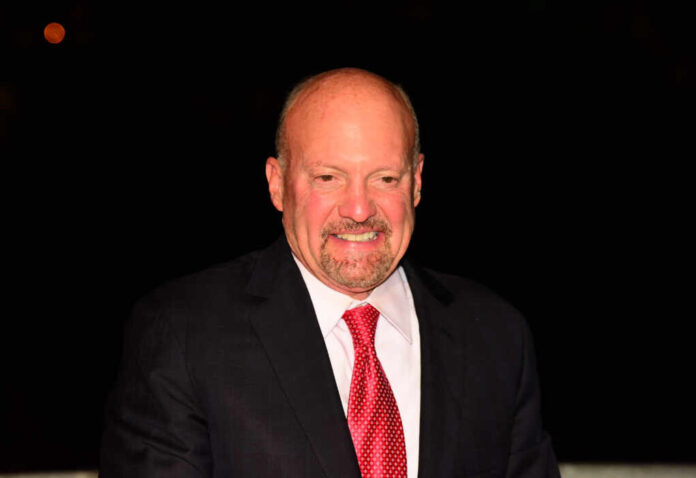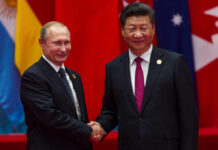
Jim Cramer’s shock waves resonate following Zohran Mamdani’s Democratic nomination as New York’s mayoral candidate — could this spell disaster for the city’s economy?
At a Glance
- Zohran Mamdani’s victory as Democratic nominee raises political and economic questions.
- Jim Cramer expresses concerns over Mamdani’s potential impact on New York’s economic landscape.
- Mamdani’s socialist background and policies might shift the city’s current dynamics significantly.
- The key election looming in November leaves New Yorkers pondering future changes.
Economic and Political Uncertainty
Jim Cramer, the outspoken CNBC analyst, didn’t hold back his fears for New York’s economic future after Zohran Mamdani won the Democratic primary. Mamdani, known for his socialist ideologies, proposes policies that could wreak havoc on existing financial frameworks in place. Many speculate on potential changes that may either make or break New York City in the near future. With Mamdani possibly at the helm, economic strategies will undergo transformations, leaving citizens and economists alike on edge. Could Mamdani’s leadership mean restructuring for New York, or could it cause New York’s financial undoing?
Mamdani’s ascension presents challenges, with perspectives widely split over his merit and ability to lead a complex city like New York. As a socialist who promises to prioritize working-class issues, his appeal to progressive voters is understandable. Yet, his economic agenda raises red flags among investors who envision a more controlled, less free-market-driven future. Such ideological shifts could ripple across the financial industry—potentially destabilizing existing structures.
Political Rams in the New Leader’s Path
Cramer’s response isn’t merely about the numbers; it’s rooted in a broader ideological clash. New York boasts a wealth of diversity, but with Zohran Mamdani’s ideology comes fierce debates over taxation and wealth distribution to heads of Wall Street. Mamdani’s victory is a statement about political shifts, but it remains to be seen how these will translate into governance. Jim Cramer and others within the economic realm anxiously anticipate any implications Mamdani’s governance might entail, especially concerning taxes and economic freedom.
The democratic shift with Mamdani’s agenda isn’t an isolated event, as similar trends appear nationwide. Mamdani’s popularity exemplifies a growing appeal towards socialist-centric policies, captivating disenfranchised communities but triggering concerns for business sectors. While change speaks volumes for those eager for reforms, underlying questions about operational realism arise. Can Mamdani balance New York’s innovative edge with his ideological propositions? New Yorkers await further discourse as November’s final vote draws near.
Future of New York’s Political Landscape
The next few months determine New York’s political future as Mamdani readies potential governance strategies. With economic and political implications at stake, all eyes fixate on New York City—an epicenter of financial innovation and cultural breadth. Could Mamdani’s prospective actions revitalise or threaten the city’s reputation? In adapting to an unfamiliar terrain, stakeholders brace for policy shifts that may either invigorate solidarity or incite resistance. Jim Cramer and New Yorkers await the upcoming election, acutely aware of what its outcome might portend.
It remains to be seen how Mamdani’s policy endeavors will impact New York’s vibrant economic engine. As skepticism confronts ambition, the city’s constituents speculate: Will New York emerge from this political battleground fortified by renewal, or will it falter under the weight of unbridled idealism?

























